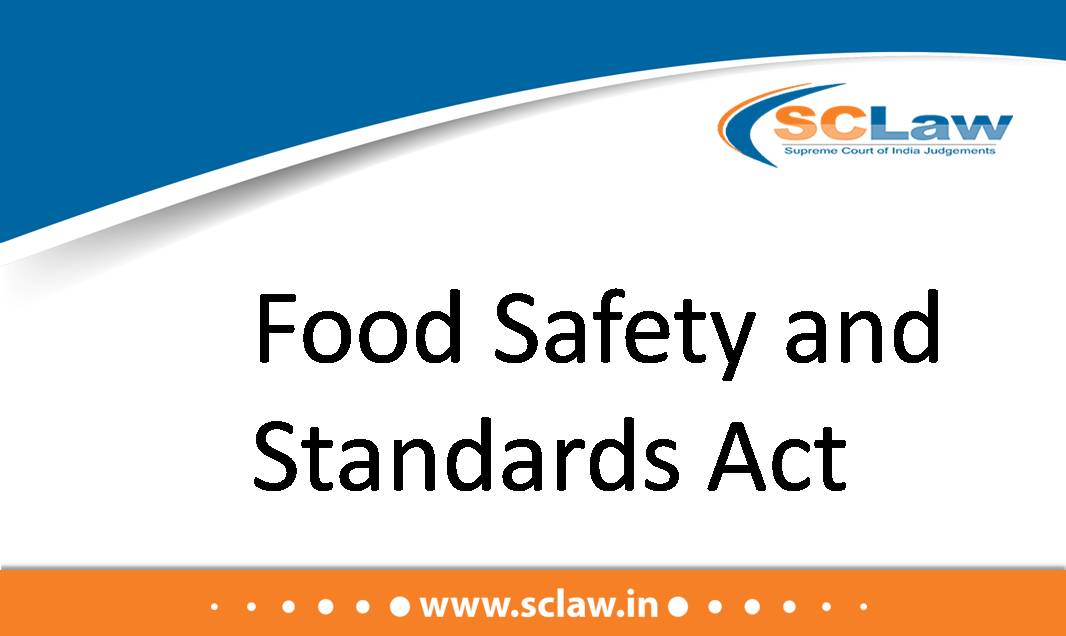The benefit of probation and reduced sentence under the repealed Prevention of Food Adulteration Act, 1954 is unavailable due to its express exclusion and the saving clause in the repealing Act.
2025 INSC 703 SUPREME COURT OF INDIA DIVISION BENCH NAGARAJAN AND ANOTHER Vs. STATE OF TAMIL NADU AND OTHERS ( Before : Dipankar Datta and Manmohan, JJ. ) Criminal Appeal…

